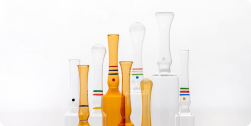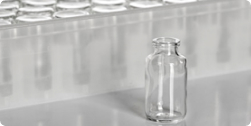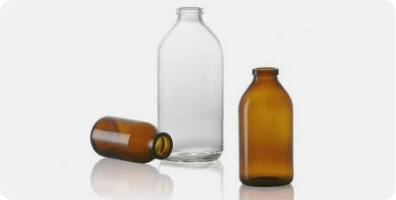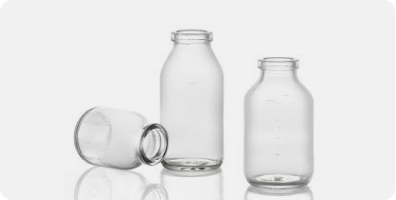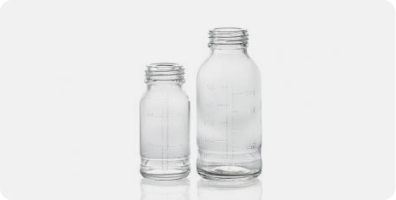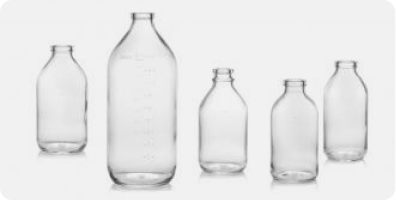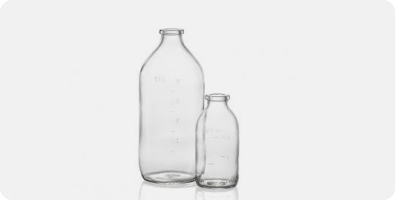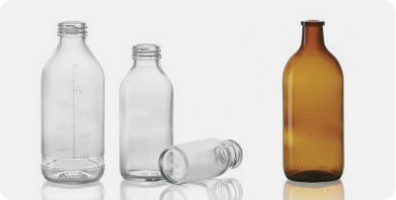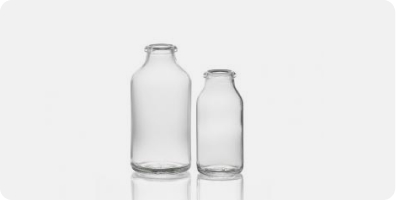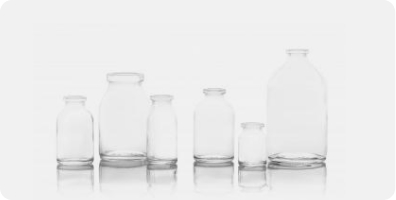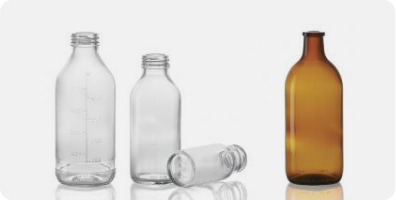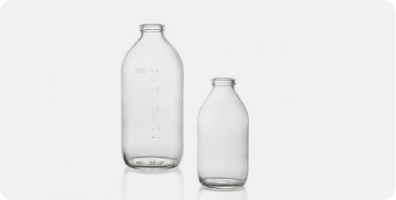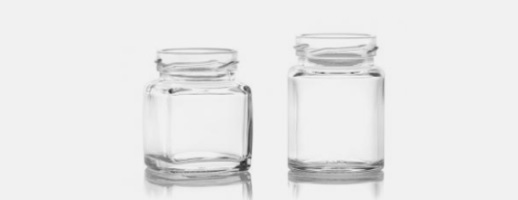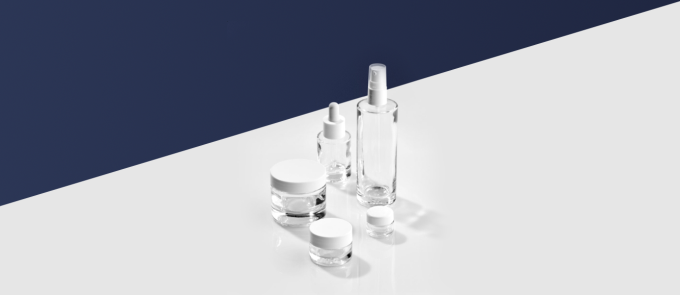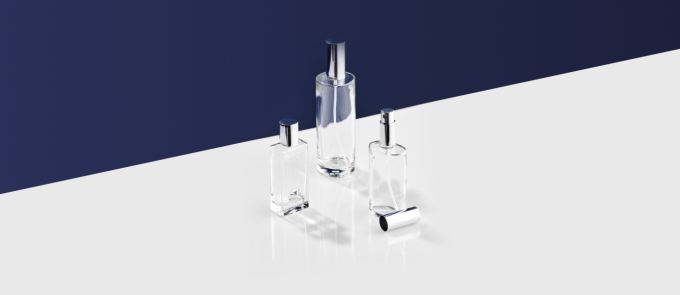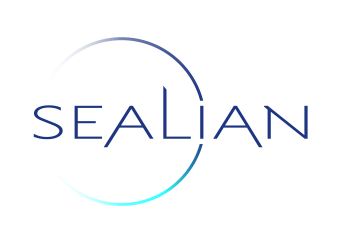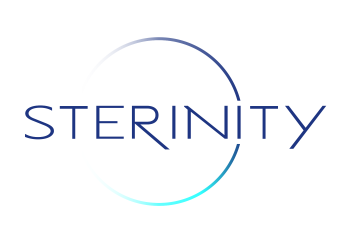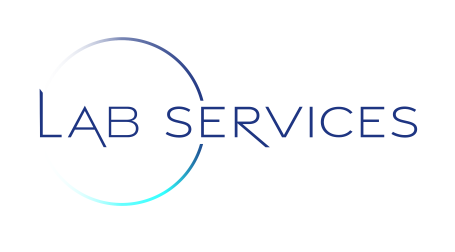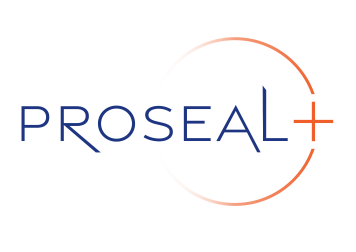Oncology
Safe and convenient packaging for the parenteral delivery of oncology therapies
The development of new therapies for the treatment of cancer is a major focus for pharmaceutical companies as the global prevalence of the disease continues to rise. In 2018 targeted small molecule and biologic treatments made up around 91% of the late-stage oncology drug development pipeline, with alternative non-specific therapies such as cytotoxic agents, radiotherapies and hormones accounting for the remainder. Next Generation Biotherapeutics - cell, gene and nucleotide therapies – are particularly promising for oncology.
Over 50% (by volume) of cancer drugs are delivered parenterally, via injection or infusion. The vast majority of these drugs are classified as antineoplastics, drugs that work by preventing, inhibiting or halting the development of a neoplasm or tumor. Examples include: antimetabolites, plant base products, platinum therapies, monoclonal antibodies (mAbs), antibiotics derived from microorganisms, and alkylating agents. Most of these are small molecule drugs, mAbs being the important exception.
Glass vials or bottles and ampoules are used widely for oncology drug delivery. The majority of these drugs are supplied in liquid form, though lyophilization and reconstitution at the point of use is also routine. Drug stability and sterility throughout the supply chain are critical for patient safety, with particulates a notable concern, due to their ability to trigger immunogenicity and impact patient health*.
The wide variety of glass packaging available, along with the maturity of filling, sealing and labelling technology are important benefits and support the development of an optimised solution for every drug. Beyond these practicalities glass is prized for:
- Chemical stability, for a wide range of formulations
- Impermeability to gases such as O², which may compromise drug stability
- Heat resistance, suitability for hot filling and resorting
- Clarity, ease of inspection
- Mechanical resistance (notably molded glass) which is particularly important for the manufacture of cytotoxic drugs.
SGD Pharma offers a wide range of Type I & Type II parenteral products to meet the oncology market’s need for the most inert packaging and that answer directly to the demanding requirements of high value oncology products and novel cancel therapies. This range includes effective solutions for sensitive drugs, for high viscosity formulations and for those with high pH. The quality of SGD Pharma glass is extremely high and the company continues to innovate to meet evolving requirements. For example, the Sterinity platform has recently been introduced for the Ready-To-Use market.

